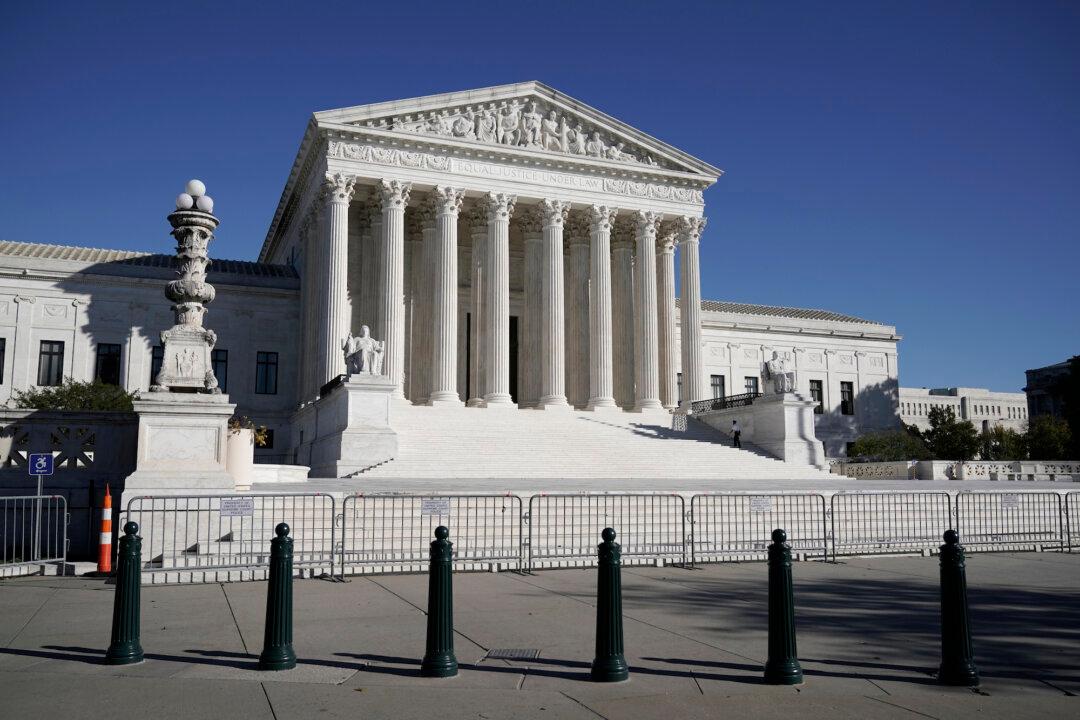The Supreme Court’s 8–1 decision on March 8 to require accountability for public officials violating individuals’ constitutional rights has huge significance beyond the college campus where the case originated, according to one of the plaintiff’s attorneys.
With only Chief Justice John Roberts dissenting, the high court held in a case brought by the Alliance Defending Freedom (ADF) on behalf of former Georgia Gwinnett College student Chike Uzuegbunam that school officials violated his First Amendment rights by barring him from sharing about his Christian faith in a free speech zone on the campus.





